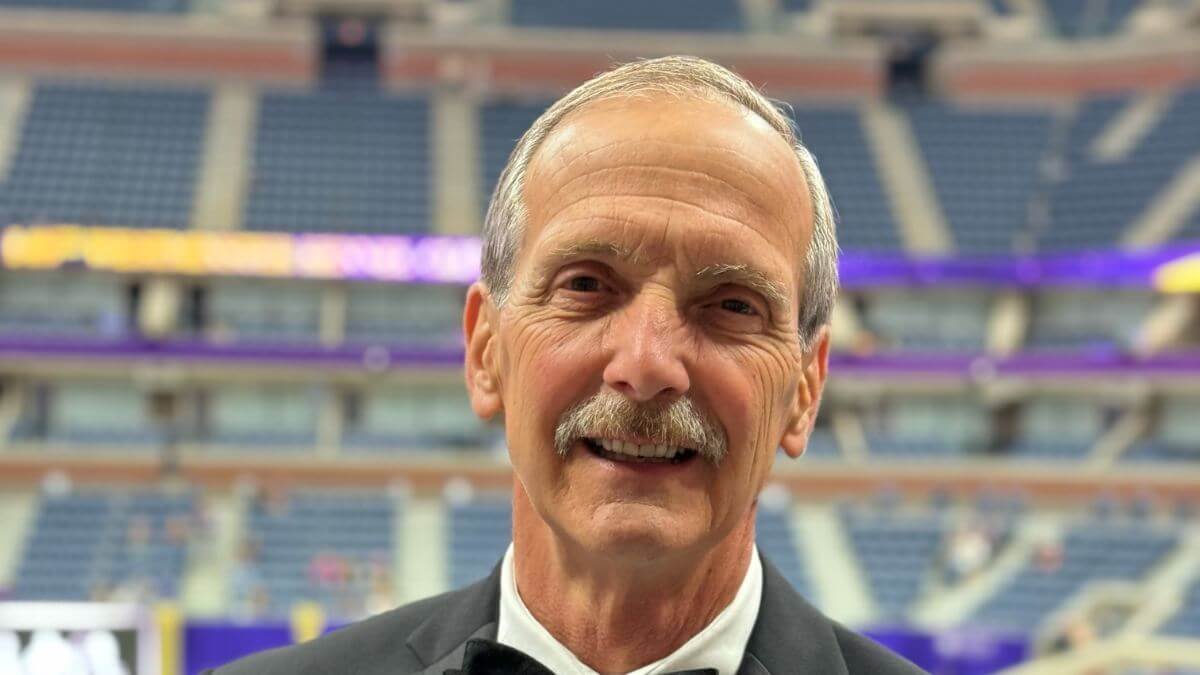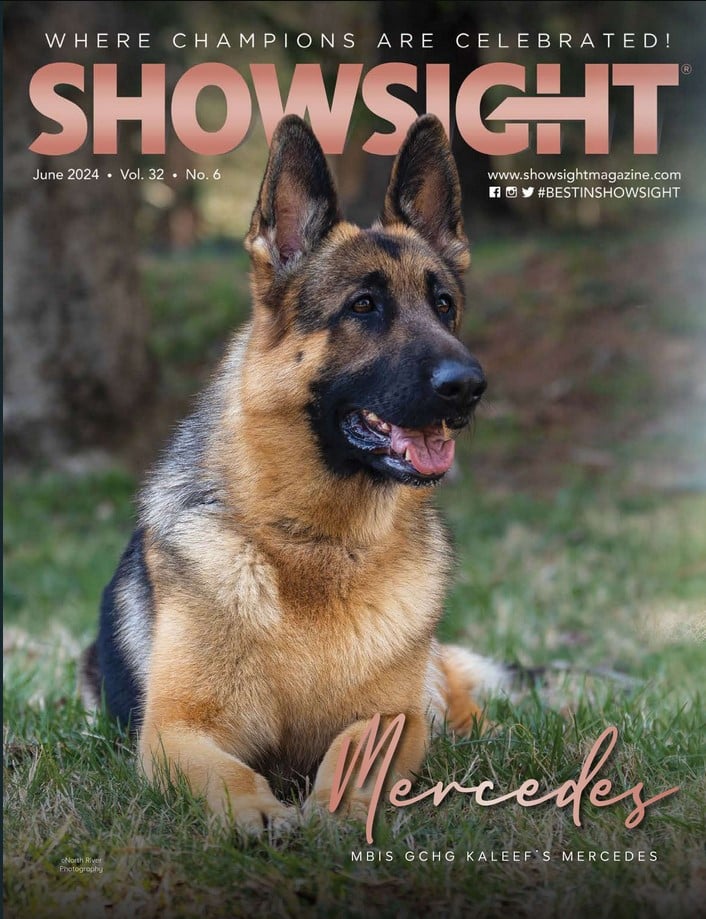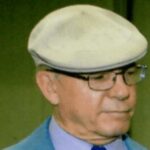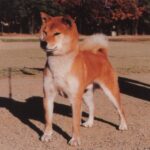Interview with Rick Gschwender – 2024 WKC Dog Show Working Group Judge
Can you describe your reaction to receiving an invitation to judge the Working Group at this year’s Westminster Kennel Club Dog Show?
Rick Gschwender: Debbie (my wife) called me to say I received a letter from Westminster Kennel Club. I was not at home and would not return home for another day, so I asked her to open the envelope. When she said it was for the Working Group, I was excited but also a little nervous due to the time restraints put on you from the television production people.
What does it mean to judge a Group at this historic event?
Rick Gschwender: Any time judging at Westminster Kennel Club is an honor. To be singled out to judge a Group is something few judges have the opportunity to do and a great responsibility. I will always cherish this assignment.
In your opinion, how does this show differ from other AKC shows?
Rick Gschwender: This show differs in that all the dogs are a champion of record and the top dogs in the country are invited. The quality of the entries competing in the Group will be many of the best dogs in country.
What were you thinking or feeling moments before you stepped into the center of the Group ring?
Rick Gschwender: Just before I got up to walk out into the Group ring, I noticed my microphone wires were hanging down way past my jacket. With the help of Dominic (the red light, green light man), we were able to secure the wires, so they hopefully didn’t come out again. As I walked out into the Group ring, I thought to myself, please wires, don’t fall out.
Was there a heightened energy coming from the dog and handler teams? Did you feel the energy of the spectators?
Rick Gschwender: Exhibiting at a show like Westminster, there is a heightened energy. When you have the lights, cameras, announcer, and the noise from the spectators, it affects the dogs and the handlers. Some dogs and handlers handle it better than others and it shows in their presentation. I enjoyed the spectators as they cheered for their favorite dogs.
How challenging was this assignment? Can you share your selection process?
Rick Gschwender: It’s always exciting judging a good group of dogs. During the production meeting, all seven Group judges were informed to pull a maximum of eight dogs due to time constraints. As you are examining each dog, you are comparing it to their Breed Standard. After the exam, you move the dog, evaluating the movement both down and back and going around, looking for the correct movement for that breed. The dogs that come closest to the correct breed type and movement made the cut. There were four other dogs I would have liked to pull out, but the limit was eight.
Do you have a word or two about your Group winner? About the dogs that placed?
Rick Gschwender: As I walked down the line looking at all the different breeds, the Giant Schnauzer was of excellent breed type. He was square with a beautiful neck to shoulder transition, a level topline, and a short back. When it was time to examine him, I was impressed by his bone, substance, and harsh coat. His head planes were parallel, the muzzle was well filled in, and the eyes were dark. Both standing and moving, his topline remained level. When he returned from the down and back and did his free-stack, it gave me a chill. His side gait was balanced, with outstanding reach and drive. This dog is one of the nicest dogs I have ever judged.
The Siberian Husky was light on his feet, with balanced movement, looking like an endurance dog capable of hauling a light load over a long distance. He had the correct double coat. The medium ears and almond-shaped eyes gave him a keen, friendly expression. He was not bothered by the crowd and never put a foot down wrong.
The Boxer had a well-muscled, square body with a deep chest. He was balanced both front and rear with good reach and drive. His head was clean, the expression was intelligent and the eyes were dark. The muzzle was blunt, the bite undershot with a strong lower jaw. His showmanship was exceptional.
The Alaskan Malamute had a broad, deep head. The dark eyes and medium, wide-set ears gave a soft expression. The heavy bone, deep chest, and thick double coat, along with her powerful movement, gives her the ability to function as a heavy freighting dog. Her exceptional breed type is what set her apart from the other dogs. Like the three other Group placements, when she stopped after her down and back, she walked into a beautiful stack.
I thought the Working Group was extremely deep in quality. As Group judges, we are limited to only eight dogs to make the cut. This means there are many quality dogs that you cannot give the recognition they deserve. Several dogs that did not make the cut I would like to recognize are the Cane Corso, Doberman Pinscher, and the Tibetan Mastiff.
There is no other show quite like Westminster. Is there anything you’d like to say to the Officers of The Westminster Kennel Club?
Rick Gschwender: I would like to thank The Westminster Kennel Club and all the members for the opportunity to judge the Working Group for their 148th show. I would also like to congratulate them for all their hard work and dedication to put on a show like this; the organization of all the workers needed with parking, security, transportation, food services, stewards, and more to transform the USTA Billie Jean King National Tennis Center into the unmistakable stamp and look of Westminster. This is why The Westminster Kennel Club Dog Show is so special.
Are there specific ways in which this show furthers the cause of purebred dogs?
Rick Gschwender: With The Westminster Kennel Club Dog Show being televised, and the ability for the general public to watch judging either through the Westminster website or the Groups and Best in Show on Fox, along with Fox replaying the show throughout the year, there’s the opportunity to influence millions of people and let them see the breed of dog they may be interested in owning or comparing to their dog.
Now that your assignment is complete, what does Westminster mean to you personally?
This assignment: along with my Westminster Herding Group assignment in 2006, will be the two judging assignments that I will always cherish forever.








